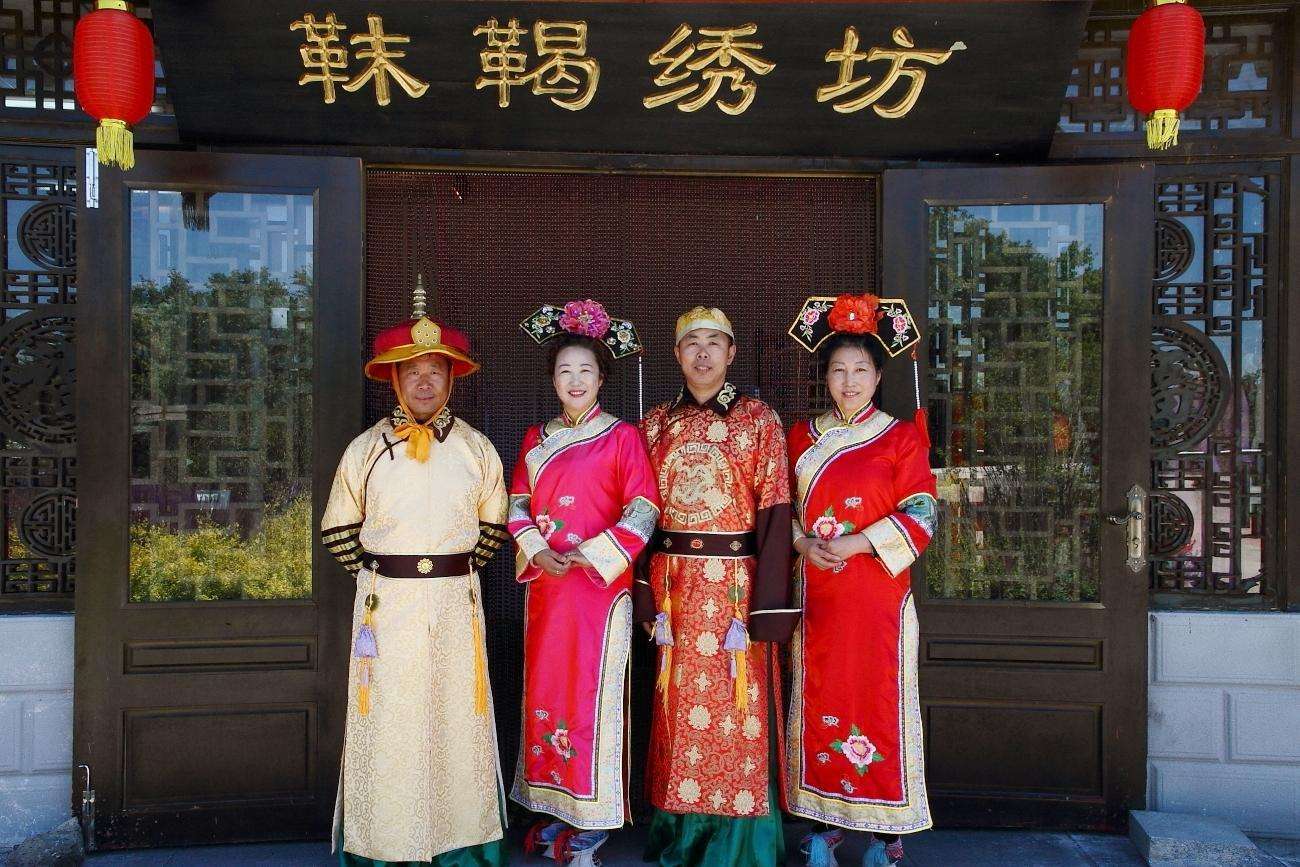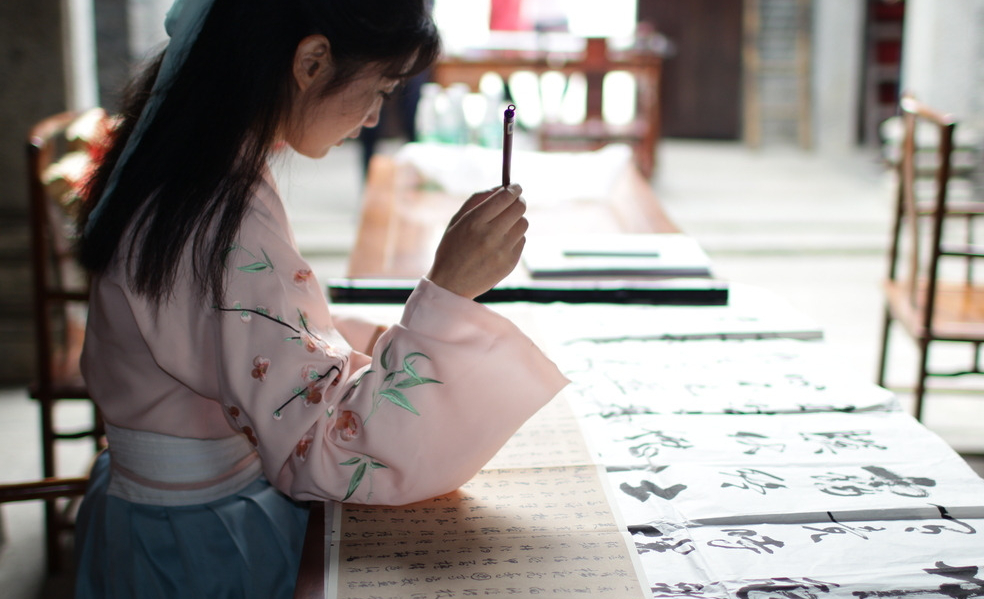56 nationalities
The Chinese nation is officially defined by the government of the people's Republic of China as the general name of the 56 recognized nationalities in the people's Republic of China. The Chinese nation is the community name representing the modern Chinese nation.
The Chinese nation consists of 56 ethnic groups. The Han nationality is the main ethnic group in China, accounting for 91.51% of the total population. There are 55 other ethnic groups, accounting for 8.49% (the sixth census). The Han nationality and 55 ethnic minorities constitute the great Chinese nation. China is a unified multi-ethnic country with the Han nationality as the main body and 56 ethnic groups. In addition, there are several unidentified ethnic groups that have not been officially recognized by the people's Republic of China. The concept of the Chinese nation was first put forward by Liang Qichao in his 1902 work on the general trend of changes in Chinese academic thought. Relevant historical and anthropological theories include Fei Xiaotong's "pluralistic integration" theory and Xu zhuoyun's "transformation and mixing of the self and the other". The political concept of the Chinese nation was put forward in the late Qing Dynasty The of the Republic of China and new China have different definitions.
-
Manchu Nationality
The Manchu population is distributed all over the country, mainly in Liaoning, Hebei, Heilongjiang, Jilin, Inner Mongolia Autonomous Region, Beijing and other provinces, autonomous regions and municipalities directly under the central government, while ot - Man Zu
Views: 39 Time 2021-03-07 -
Han Nationality
The Han nationality is the main ethnic group in China. The Han nationality, formerly known as Han people, was named after China's Han Dynasty, which used to be called "Huaxia" or "Zhuxia". Whether in politics, military affairs, philoso - Han Zu
Views: 189 Time 2021-03-07
- << Prev
- Next >>

